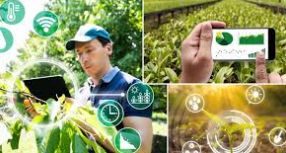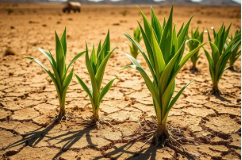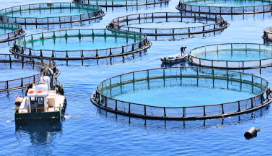
Farmers across United States and Canada are rapidly embracing precision agriculture technologies to manage pests more effectively and reduce chemical overuse. By employing drones equipped with multispectral sensors farmers gain real time insights into crop health detecting pest stress zones before infestation becomes visible.
In the Midwest soybean fields precision scouting services use drone data combined with machine learning to identify early pest outbreaks and deliver targeted biocontrol agents only where needed. This approach has reduced pesticide volume by nearly thirty percent while increasing farm income due to lower input costs.
Private sector innovation has surged with startups offering subscription based pest detect alert platforms and satellite imagery monitoring. Farmers receive actionable maps and spray suggestions within hours of drone flyover ensuring timely response. Agricultural universities partner with extension services to verify results and ensure regulatory compliance.
Smart pest management improves crop yields enhances biodiversity and supports soil health by avoiding blanket chemical use. As cost models become more affordable the adoption curve continues upward. Analysts predict that precision pest control could become standard practice within five years given its strong economic environmental and regulatory advantages.














